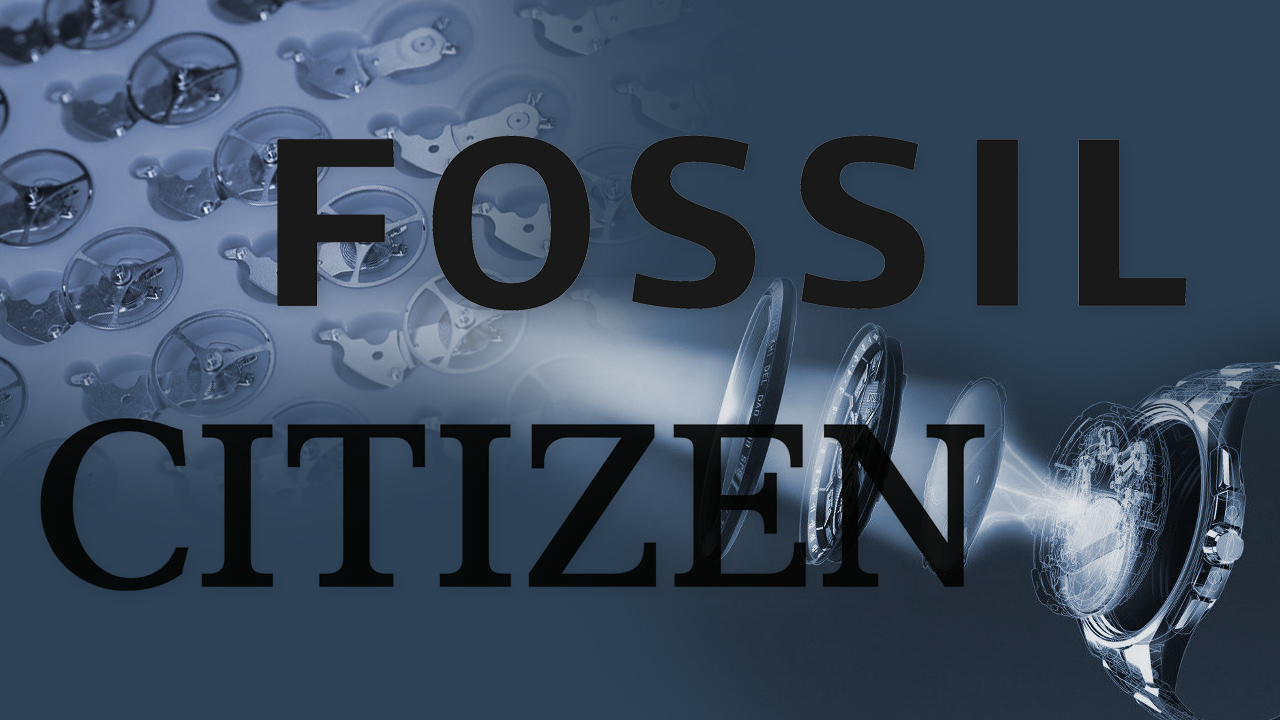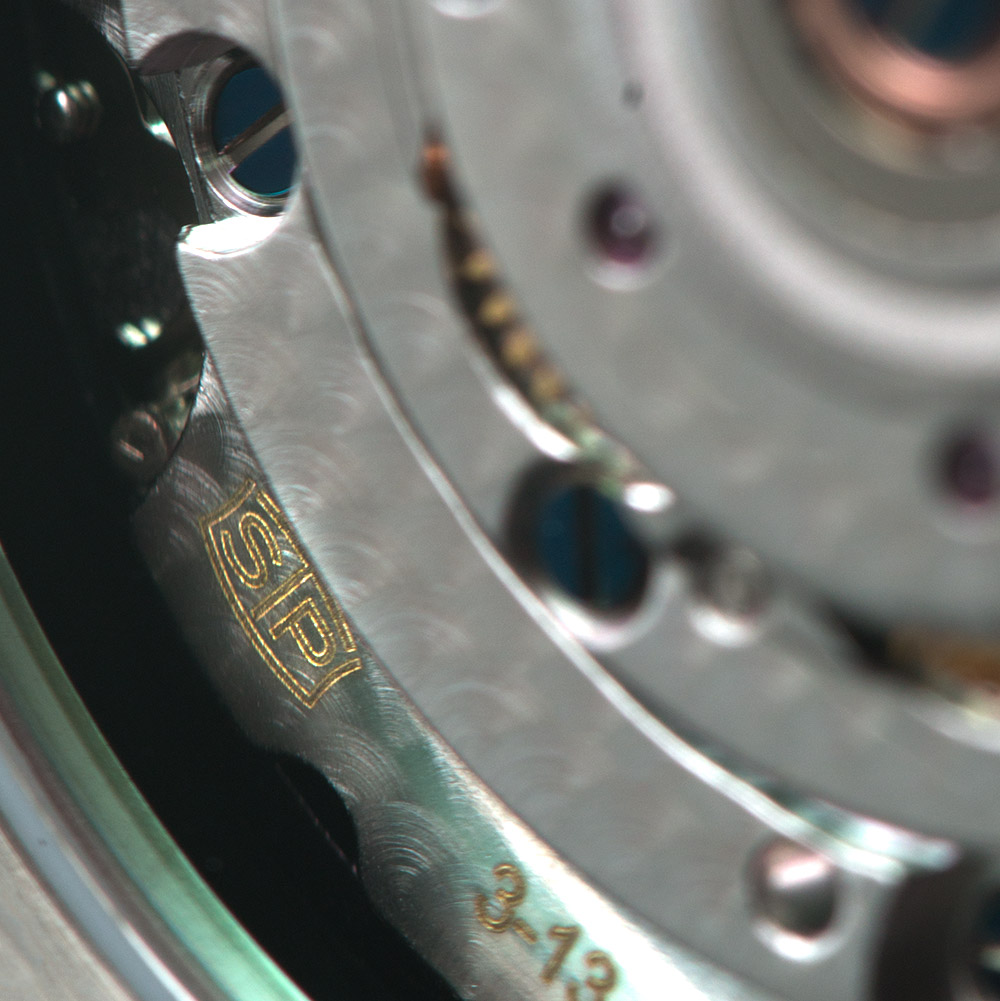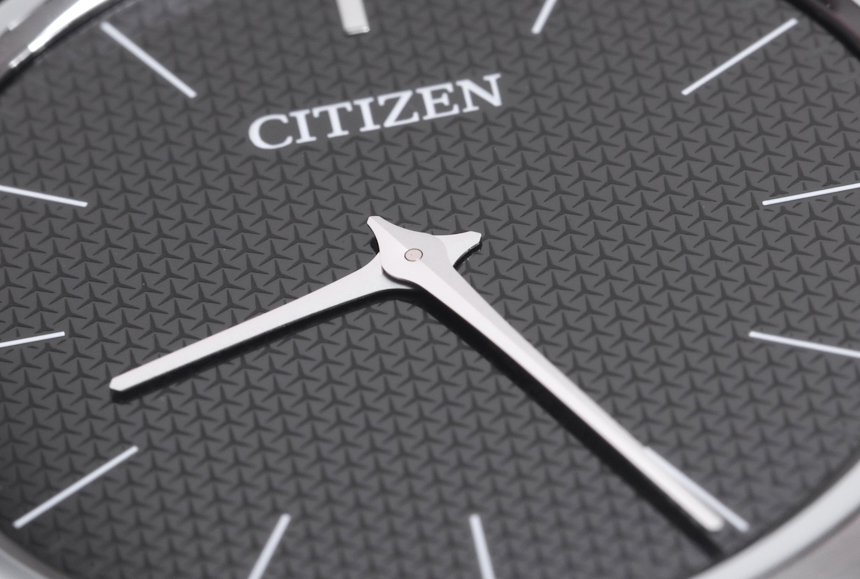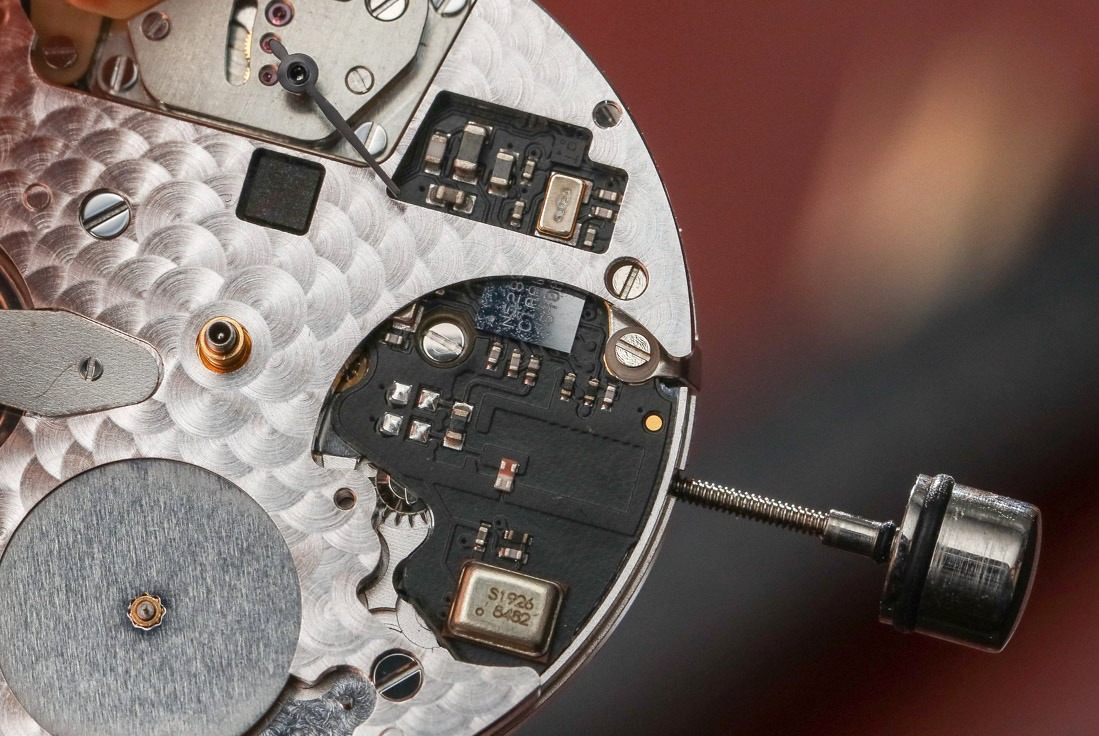
Japanese Citizen watches and the American Fossil Group have announced a “multi-year” partnership to collaborate on hybrid smartwatches. The agreement is said to leverage each company’s strengths by adding “hybrid smartwatch” technology developed by the Fossil Group to Citizen’s full watch manufacturing capacity which we saw first-hand in Japan here. So far, there have not been any products announced, but it seems we can first expect Citizen-branded watches to result from the deal. These are two large and powerful groups that together could potentially have a significant impact on the global wearable market. As watch lovers know, the technology is important, but there is so much more to making successful, broadly appealing watches – and that focus on the look and feel of a “traditional” watch appears to be behind the “hybrid” push.
In addition to watches made and sold by Citizen, Citizen will be producing hybrid smartwatch technology, full movements, and complete watches with the Fossil smart technology for third parties. So, stop and think about the broad range of products this technology could end up in. First, it is easy to imagine that it will find its way into watches across Citizen’s own range of collections and styles. But recall that Citizen also owns brands including the Swiss Frederique Constant Group (Frederique Constant, Alpina, and Ateliers DeMonaco), high-end mechanical movement maker La Joux-Perret, and Arnold & Son with their sister company Angelus; as well as the American Bulova Watch Company. Not that all of these brands make sense as candidates for putting out a smartwatch product, but some of them do.
Among those, Frederique Constant has been most notably and visibly active in the “smartwatch,” and more recently the “hybrid smartwatch,” scene. Frederique Constant makes truly cyborg-like Hybrid Manufacture watches, developed and manufactured in Switzerland, combining traditional mechanical watch movements with current connected technology. I was, honestly, quite skeptical of Frederique Constant’s “Horological Smartwatch” terminology as gimmicky-sounding when it was first introduced, but with their genuinely hybrid movement it now makes more sense – and is one of the few instances in the wider watch industry I would describe using the generally abused term “innovative.” This may seem to be potential for competition within this category among Citizen’s own group of companies, but that can probably be addressed through pricing and styling, and there is also the potential for sharing of technology.
Then, of course, there are the watch brands under Fossil, which include a number of fashion labels (too numerous to list) which all could market smart or hybrid-style watches, though largely at the lower end of pricing. The most notable companies under the Fossil Group for watch lovers are Zodiac and the group’s manufacturer of mechanical movements in Switzerland, STP, who we visited here. We don’t have too many specifics right now, but it does seem that, with production for third parties included, Citizen and Fossil could be behind a significant portion of future products in this still niche but clearly growing segment.

This “partnership” looks like Citizen taking on most of the production and distribution, and with specific plans for the Citizen name to be on the resulting products. But Fossil stresses the collaborative nature of the deal and that the two companies will be collaborating on “future innovation.” Since “hybrid” is an operative word in this whole deal, it’s also fun to contemplate the wide range of technology at the group’s disposal that could, conceivably, be part of such “hybrid” products. That includes Citizen’s Eco-Drive (light-powered movements) and various radio, satellite, and GPS functionality, along with sensors and more, not to mention things like Bulova’s high-frequency quartz movements. Improving battery life is one of the more mundane but crucial areas any type of smartwatch will need to focus on. This is an emerging category, so one’s imagination can really run wild, but hopefully, it will mean more than analog watches with some “connected” features.
Now, if “smartwatch” is a sort of buzzword whose meaning seems to apply to a range of products, then “hybrid” is even more so – particularly coming from the car industry, it sounds techy and cutting-edge. I’ve noted in the past that the vagueness of this nomenclature has led to some confusing marketing. The term “hybrid,” for example, has been used to simply describe traditional-looking, analog watches with various levels of connectivity such as activity tracking and notifications — but it has also been applied to watches with movements that truly combined mechanical and electronic or smart technology like those from Frederique Constant. Seiko’s Spring Drive might even be called a hybrid of some sort, though the brand doesn’t say that. It is still not clear exactly what type of hybrid technology and products we can expect to result from the Citizen-Fossil partnership.

With investors in mind, of course, Fossil’s announcement of the partnership references a study by Juniper Research predicting that hybrid smartwatches will “make up over 50% of smartwatch shipments by 2022.” It appears that the report is referring to analog watches with “smart” functionality, but Citizen hopefully has more in store for watch and gadget lovers. This Citizen-Fossil announcement really only hints at possibilities for now but it also underscores what a fast-paced, competitive, and still exploratory segment smartwatches represent. fossilgroup.com | citizenwatch.com

